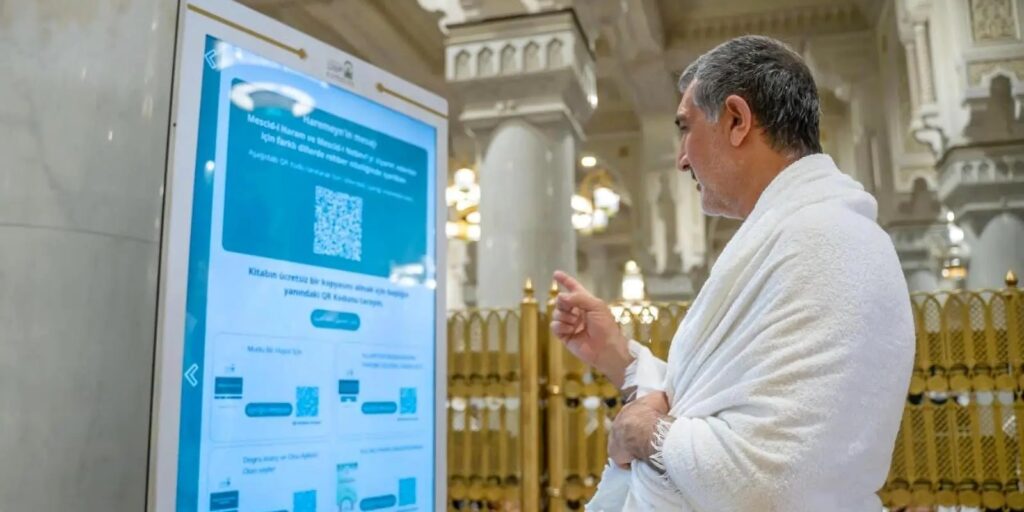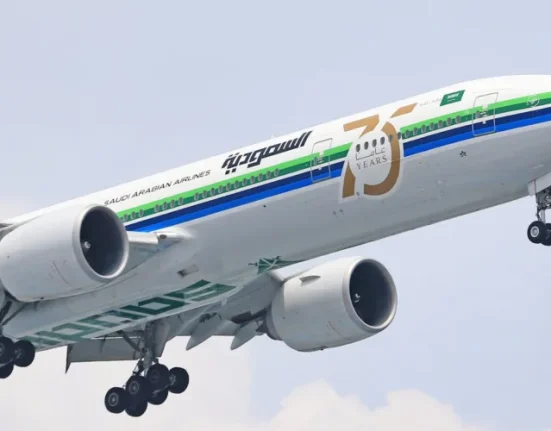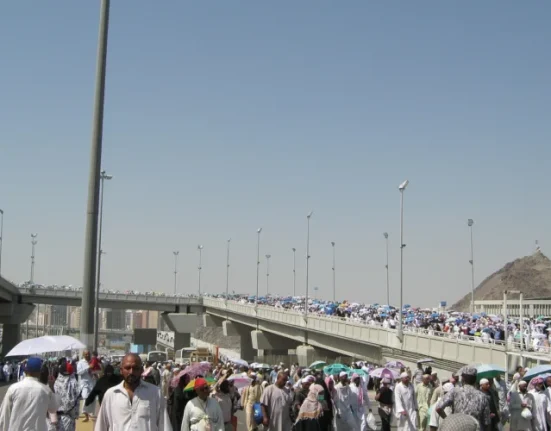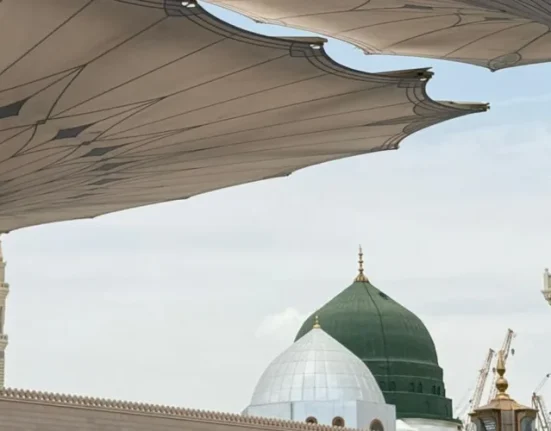In a bold stride toward blending faith with futuristic innovation, the Kingdom of Saudi Arabia has introduced a new wave of technological advancements at the Grand Mosque in Mecca, including the launch of a second-generation artificial intelligence-powered robot designed to provide Islamic guidance. The latest development, which aligns with the kingdom’s ongoing digital transformation agenda, is set to reshape the spiritual and logistical experience of pilgrims participating in Hajj and Umrah.
According to information made available through the Saudi Press Agency (SPA), the Presidency of Religious Affairs at the Grand Mosque and the Prophet’s Mosque has officially launched an upgraded version of the “Menarat Al-Haramain Robot,” commonly dubbed the “Fatwa Robot.” This AI-powered assistant has been carefully engineered to provide immediate religious counsel to pilgrims based on a vast archive of authenticated Islamic rulings (fatwas). This innovation represents a pivotal step by the Saudi authorities to fuse modern artificial intelligence with the deeply traditional Islamic pilgrimage, creating a smoother and more accessible avenue for seeking spiritual guidance.
The Fatwa Robot is capable of answering commonly asked religious questions by referencing its internal database of verified rulings. However, where inquiries fall outside its programmed knowledge base, it does not leave the user stranded. Instead, it seamlessly connects pilgrims with qualified Islamic scholars through real-time videoconferencing. This ensures that worshippers, regardless of their location within the mosque, can receive personalized, accurate religious advice without delay.
Beyond spiritual support, the Saudi authorities have introduced high-tech systems aimed at easing the heavy human traffic typically experienced during the Hajj season, especially within the sacred precincts of the Grand Mosque, also known as Masjid al-Haram. These technologies are designed to enhance operational efficiency and ensure the safety of millions of pilgrims who converge on the holy site each year from across the globe, including thousands from Nigeria.
Among the cutting-edge systems rolled out are ground sensors and gate readers installed at key entry and exit points of the mosque. These devices collect real-time data to monitor and regulate the movement of people, helping to prevent bottlenecks. Furthermore, AI-enhanced surveillance cameras now observe motion patterns, giving security personnel immediate insight into areas of high density and potential congestion. This is complemented by advanced flow optimization technology, which provides live analysis of pedestrian traffic and helps in redirecting foot movement to avoid overcrowding.
These innovative solutions are part of Saudi Arabia’s broader Vision 2030 plan, which includes the enhancement of the pilgrim experience through the adoption of smart solutions and digital infrastructure. By leveraging artificial intelligence in both religious and logistical domains, the authorities aim to not only uphold the sanctity of the pilgrimage but also elevate the overall comfort, safety, and accessibility of the holy journey.
As the 2025 Hajj season draws nearer, thousands of pilgrims have already begun arriving at the Dhul-Hulayfah Miqat—also known as the Miqat Mosque—a key station where travelers enter the sacred state of ihram before proceeding to Mecca. This early influx highlights the urgency and importance of the new systems now in place to manage the anticipated crowds.
With over two million pilgrims expected this year, including a significant contingent from Nigeria, the deployment of such intelligent systems is viewed as a necessary evolution. It underscores the kingdom’s readiness to host the Islamic world while embracing modern innovation without compromising religious tradition.







